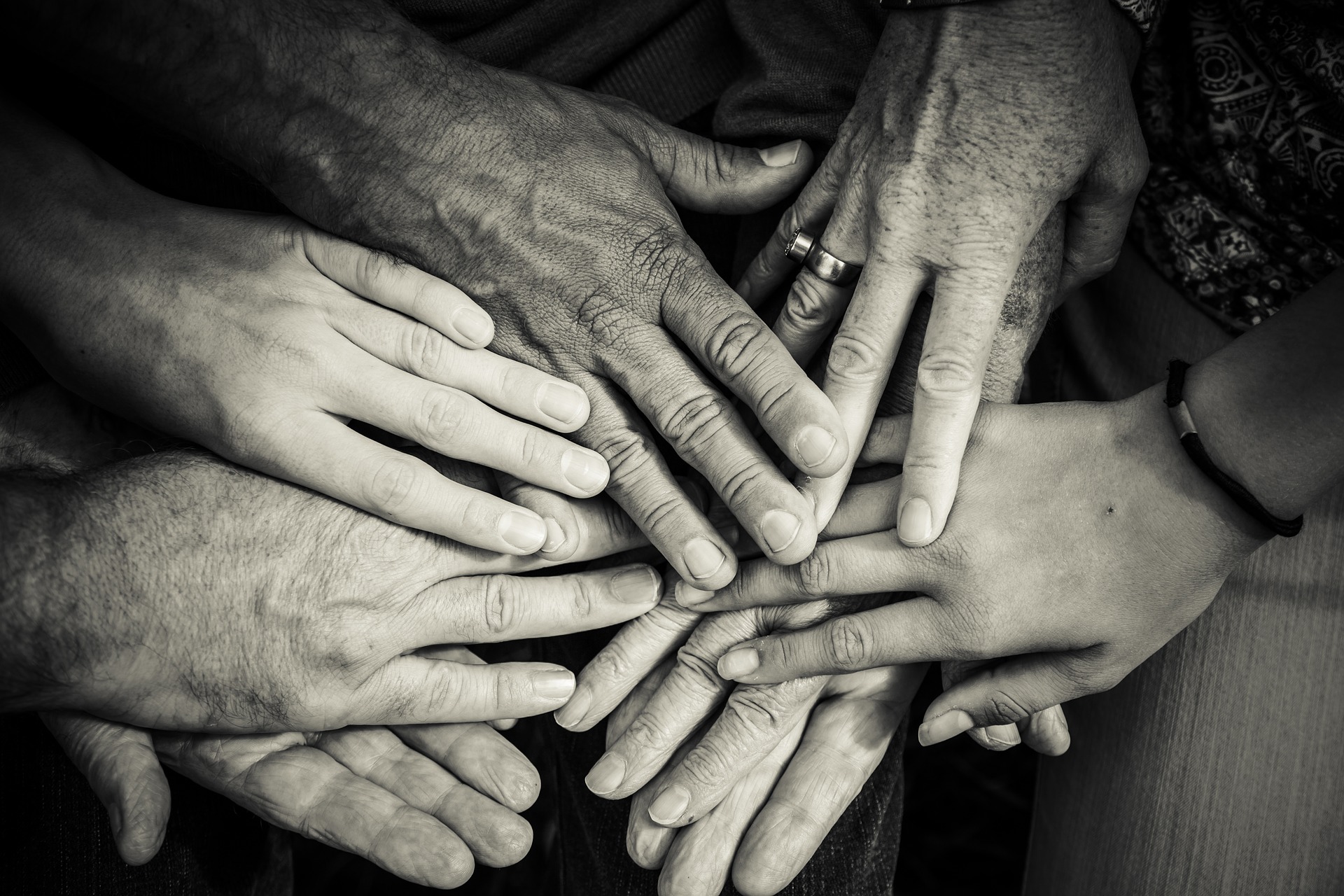
By Professor Jenny Phillimore, Department of Social Policy, Sociology & Criminology
School of Social Policy, University of Birmingham
Two years ago, there was much scepticism that community volunteers would be able to provide effective support for the 10,000 refugees arriving in Britain. Professor Jenny Phillimore, Director of the Institute for Research into Superdiversity at the University of Birmingham, explains how the Community Sponsorship Scheme, launched in the UK in 2016, has transformed the lives of refugees and host communities across the country from remote rural areas to the inner cities.
Launched in 2016, Community Sponsorship is a British scheme wherein communities raise funds and establish a core group to support a refugee family to resettle in the UK. The scheme is aimed specifically at vulnerable refugees, and the idea is simple; welcoming a refugee family, introducing a local community guide and support them through – for example, registering with a GP and negotiating benefit applications and enabling the adults back into work. The community find and prepare a home for the family and, above all, provides a welcome and friendship to the family.
Two years ago, a Methodist Minister asked if my team could evaluate the Community Sponsorship work they had planned. The University of Birmingham kindly offered some funds to help a small team of academics at the Institute for Research into Superdiversity (IRiS) to undertake the evaluation. The evaluation has since grown to include over 15 groups, some of which we have followed for over two years to learn from their experiences of establishment, application to the Home Office, receiving a family and supporting refugee integration.
We are finally in a position to launch our findings on the 4th July 2019 at a summit of Community Sponsorship groups and in a report and practice briefings. Over a hundred interviews with Community Sponsorship volunteers and refugee adults have led to a lot of learning. As expected, the social networks between volunteers and refugee families have had a profound effect on refugees’ resettlement. Volunteers have been instrumental in helping refugees to learn English, access volunteering opportunities, and support their children to thrive at school. The connections that have developed between refugees and volunteers have evolved into deep friendships, with some having kin-like qualities. Community Sponsorship cannot replace lost friends, family, and lives, but it has given many refugees hope for the future.
For me, the most impressive and unexpected dimension of Community Sponsorship is the effect that it has on the lives of volunteers. Undoubtedly, being a volunteer is hard work and, for some, took more of their time than they had anticipated, but the benefits for volunteers appear to have far outweighed the time commitments. Volunteers have expressed to our research team how their work has given them a new sense of purpose, facilitated new friendships, deepened their connection to their community or their faith, helped them recover from illness and ended years of isolation, as well as distracted them from grief. They also told us how the arrival of a refugee family reinvigorated their community and significantly changed attitudes, from negative to positive, towards refugees.
A couple of weeks ago, the importance of this finding came into focus when I was lucky enough to participate in a discussion with Radio 4 about Birmingham’s history of welcoming newcomers. Two older women who had come to Britain in the 1930s as child refugees shared their stories of persecution, but mainly of support and resettlement. They spoke of the difference that the people who helped them made to their lives and how they now volunteer with refugees in Birmingham because “we were put on earth to care for one another”. This is the view of Community Sponsorship volunteers who, like those elderly refugees, offer a voice of hope in what can appear to be very dark times.
Community Sponsorship provides contact with refugees, especially in places with no history of diversity, and has the potential to not only transform the lives of volunteers and refugees but also to change attitudes of populations who were previously the very least reluctant to offer refuge. As a result of its success the Home Secretary, Sajid Javid, announced on Monday that the Community Sponsorship scheme would continue beyond 2020. The Archbishop of Canterbury, Justin Welby, responded ‘I am delighted that the government recognises the value of communities welcoming refugees through community sponsorship, a scheme I am privileged to have been involved with’.
